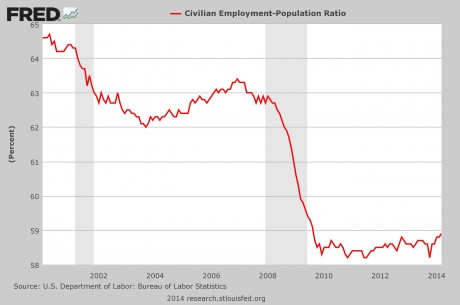Here’s Tim Worstall’s counter-intuitive post at the Adam Smith Institute blog from last week:
… Note “family foundation” there. Because of that inheritance tax rich people do tend to (and they have to be very rich for it to work) stick all of the money into a foundation. This wealth can then be maintained by professional money managers down the generations. Tax free, of course, as it’s inside a foundation. The stipulation is that said foundation must give away 5% of its assets each year. But such “giving away” obviously includes employing family members to run it. At pretty much any salary desired.
This obviously wouldn’t happen if the money could just be left directly to children without tax being due. And the effect of it going into such a foundation where the professional money managers can maintain it, rather than the heirs blow it, is that we’ve lost one of the major forces that disperses wealth through the society. The feckless heir.
So, we end up with the imposition of the tax leading to the continued concentration of old wealth, as the avoidance of the tax reduces the ability of the inheritors to waste it.
As an example, who thinks that any of the Kennedys would still be rich if they’d been able to get their hands on old Joe’s money directly?
I rest my case.
As one of the comments on that post points out, it’s not just the inheritance tax: it’s the interaction between the tax and the rules governing family foundations that create this unexpected-to-most-of-the-99% situation. I’m sure the 1% who can benefit from this are fully aware of it. This could be fixed either way, but the very people who benefit are the ones who would be pivotal in whether the changes could be made. So, it’s technically possible but not at all likely.




